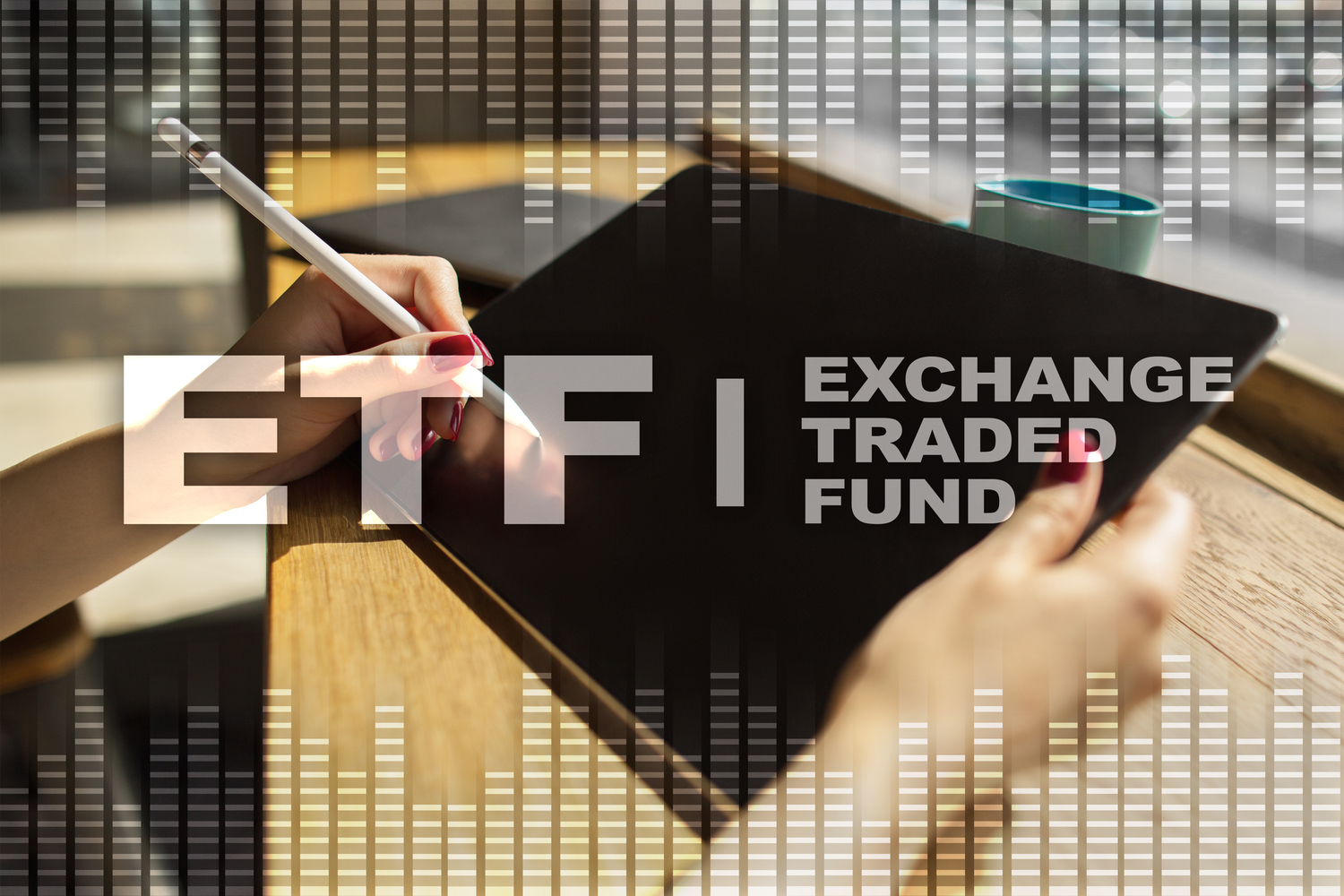Essential Investment Terminology for Beginners
This article provides essential investment terminology for beginners, including key concepts like assets, diversification, and market price. It aims to help new investors understand common financial terms, improve communication with advisors, and make informed investment decisions. Clear definitions and examples make these complex terms accessible, enhancing your investment literacy and confidence in managing your portfolio.

Essential Investment Terminology for Beginners
When engaging in investing, you'll often hear brokers and investors discussing specific terms. For newcomers, understanding these terms can be challenging at first.
However, as you progress in your investment journey, you'll become familiar with many common terms and their meanings within the financial world.
Key Investment Terms and Their Definitions
Building your investment knowledge is always beneficial. Knowing how and when to use these terms is crucial. Here are some vital investing concepts:
Asset
Anything that generates income or adds value to your portfolio is considered an asset.
Assets encompass stocks, bonds, cash, or real estate holdings.
Balance Sheet
A financial statement that details a company’s revenues and expenditures over a fiscal period.
Common Stock
Equity issued by corporations representing ownership shares in the company.
Diversification
Spreading investments across various assets to boost returns and minimize risk.
Equities
Shares issued by companies that signify ownership rights.
Fixed-income Funds
Investment vehicles primarily composed of bonds without specified maturity or repayment guarantees.
Growth Investing
An investment style focusing on stocks and funds of companies with high growth potential.
IRA
An Individual Retirement Account allowing annual contributions of up to $3,000 with tax benefits.
Inflation
The rate at which prices rise, reducing purchasing power.
Junk Bonds
High-yield bonds with low credit ratings, typically BB or lower.
Large Cap
Companies with a market capitalization exceeding $10 billion, like Apple or Disney.
Liquid Funds
Assets such as stocks and bonds that can be quickly sold at current market prices.
Long-term Investment
Investing with the plan to hold assets for over a year to benefit from growth.
Market Price
The current cost at which an asset trades in the marketplace.
Mutual Fund
An investment fund pooling money from multiple investors to buy diverse assets.
Net Asset Value (NAV)
The per-unit value of a fund’s assets minus liabilities, often used for mutual funds.
Portfolio
A collection of investments owned by an individual or entity, managed by professionals.
These basic terms are useful when communicating with investors and advisors.










